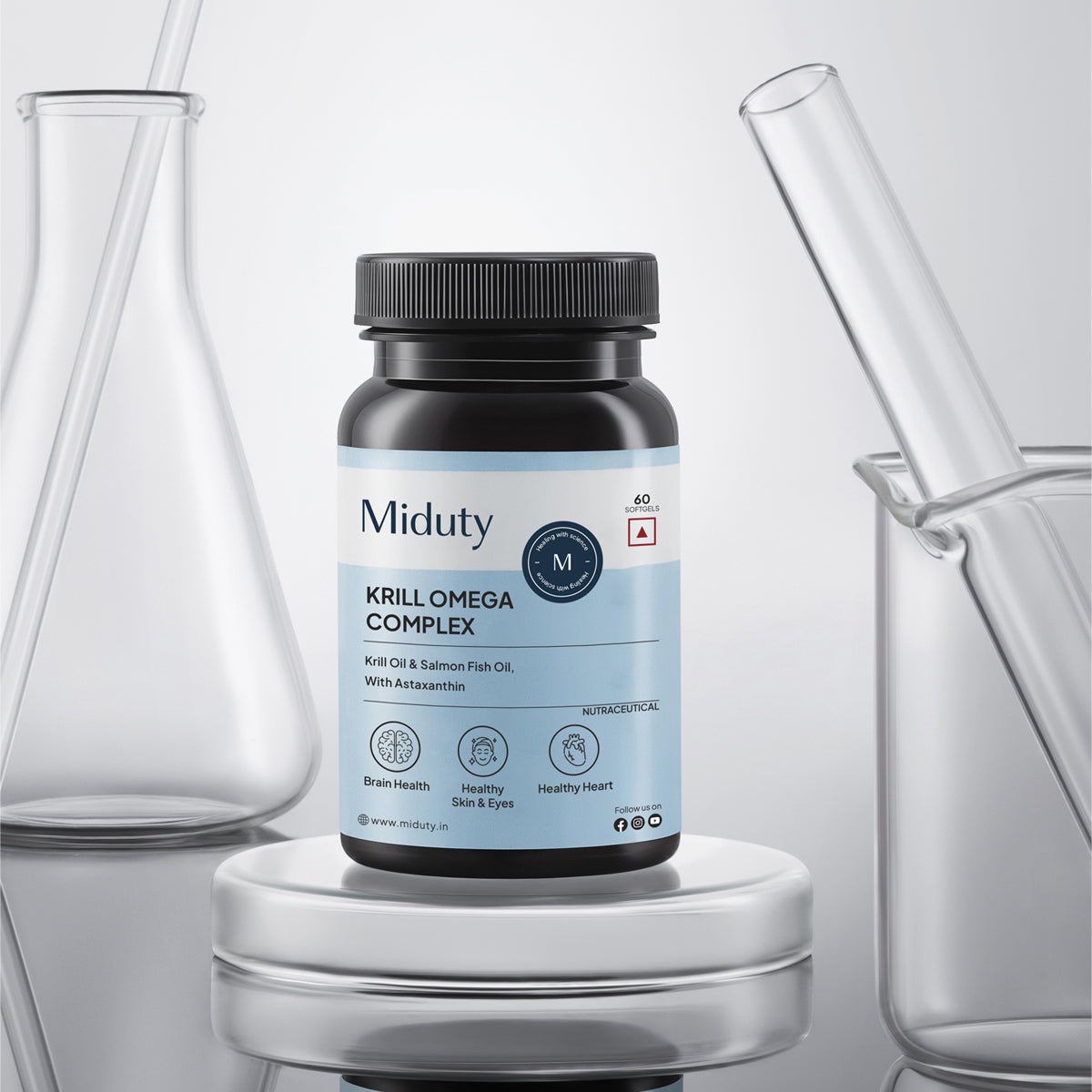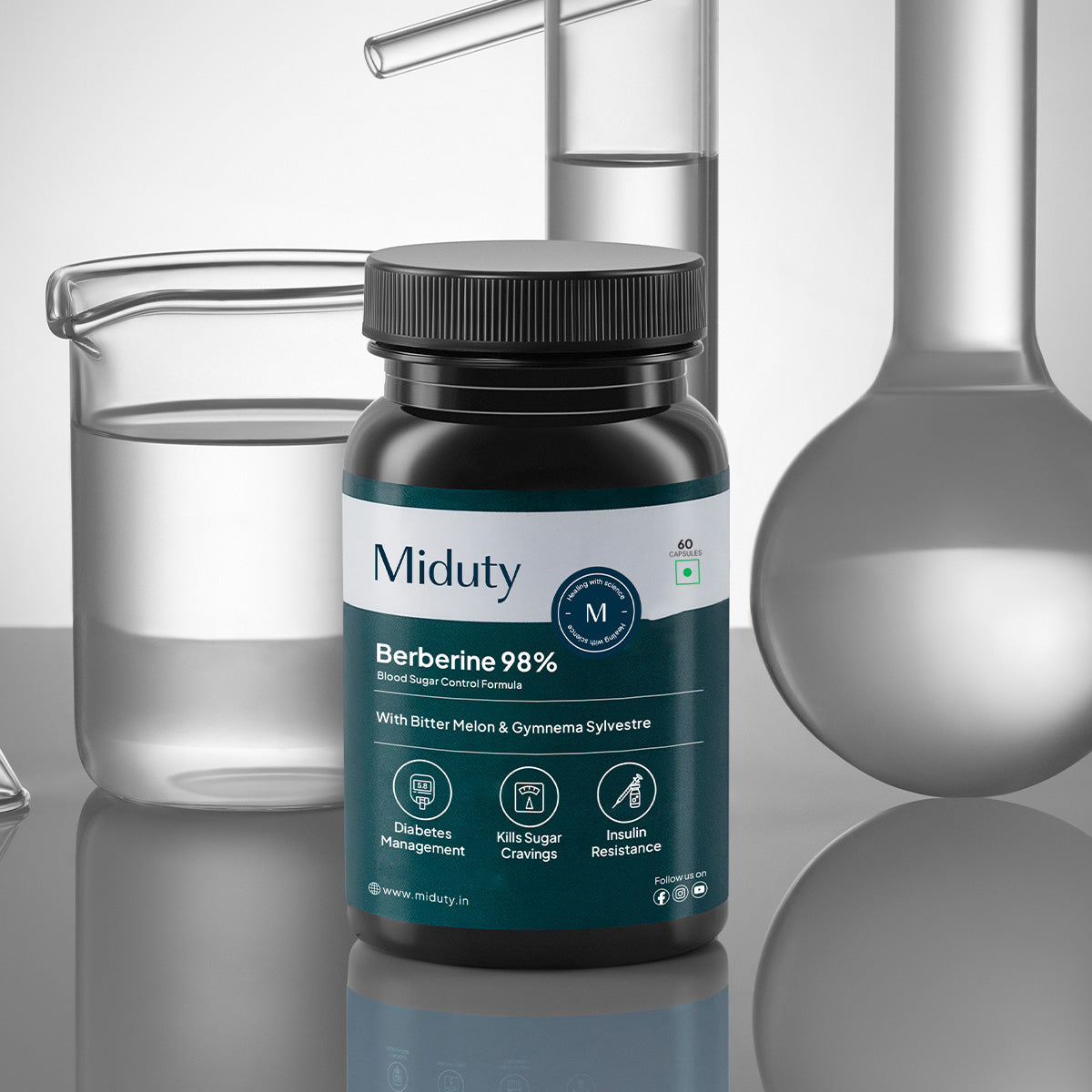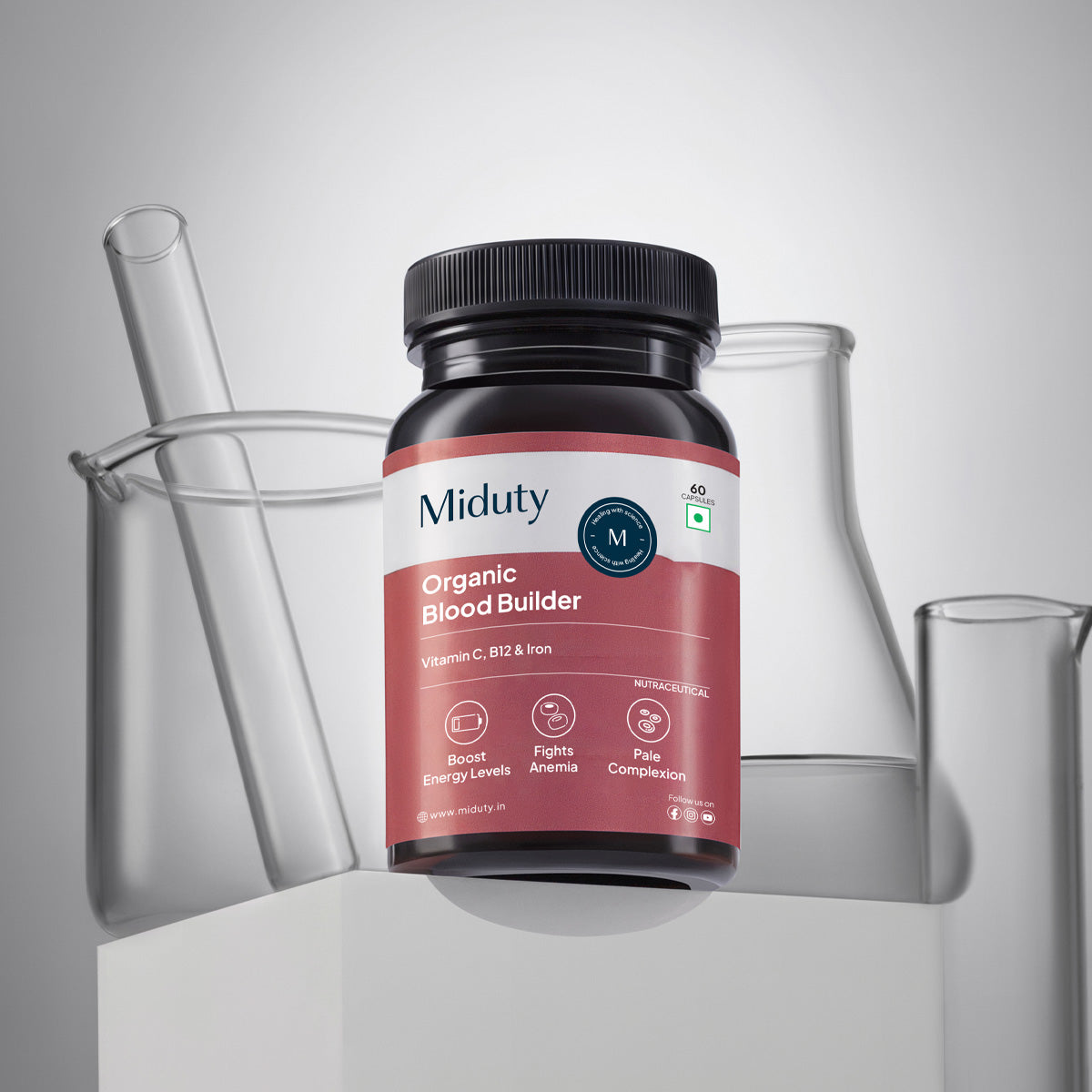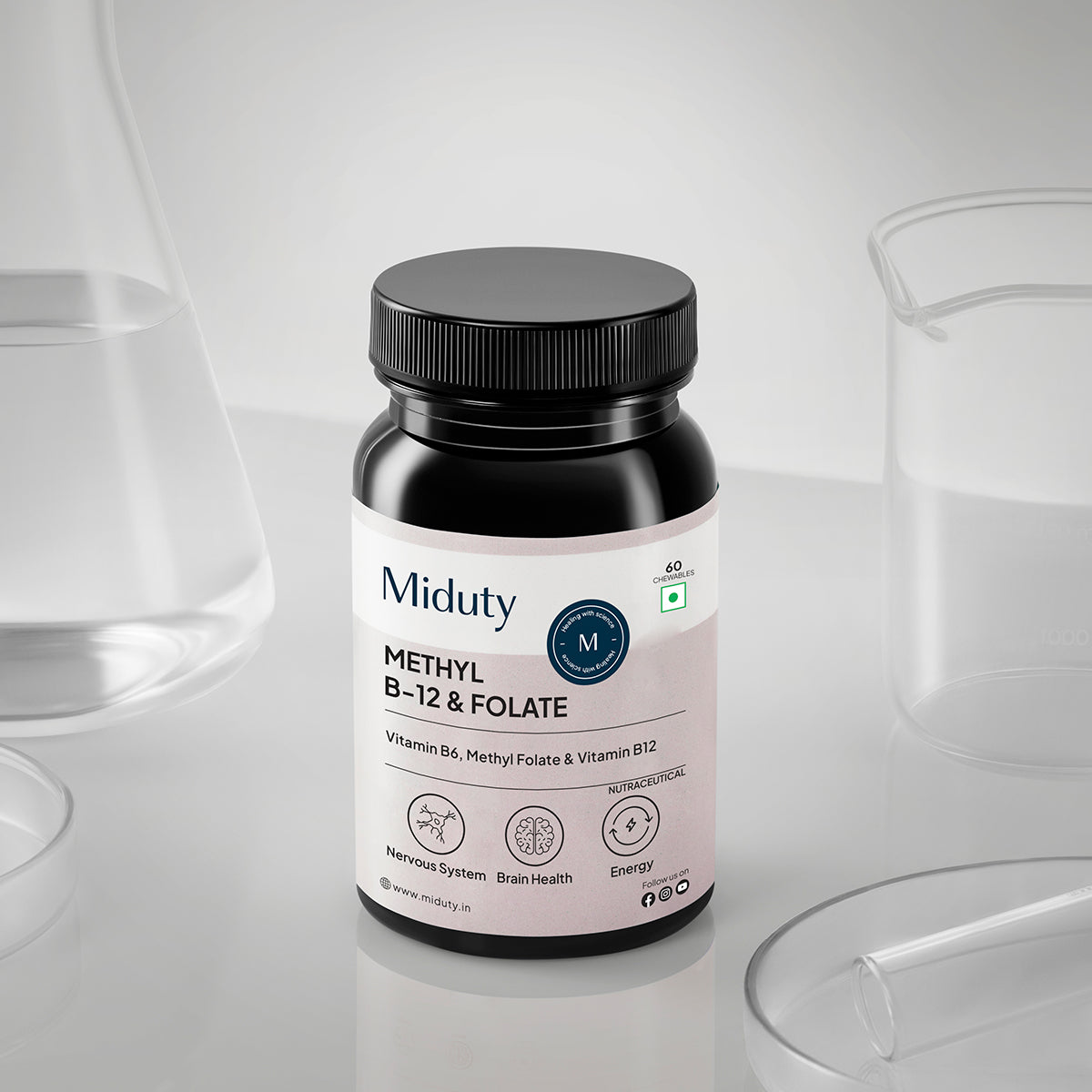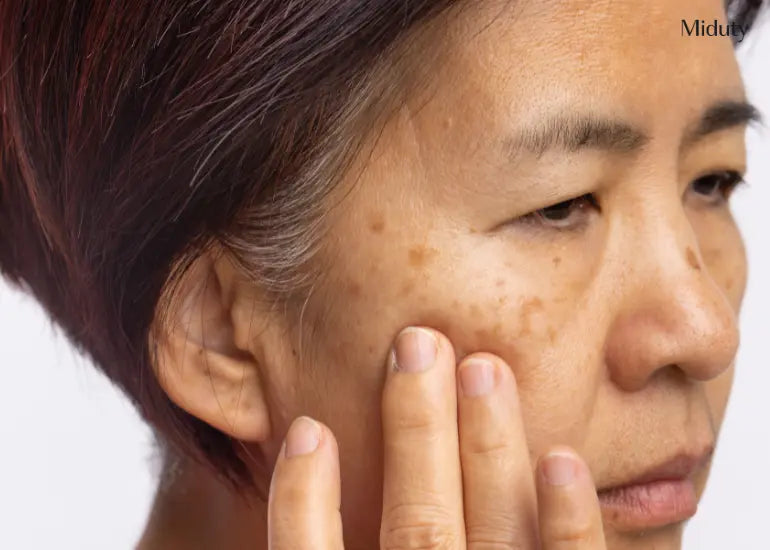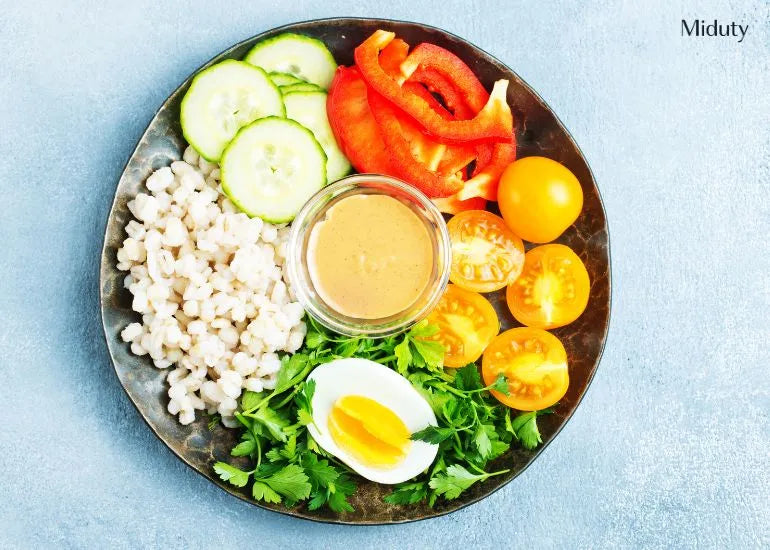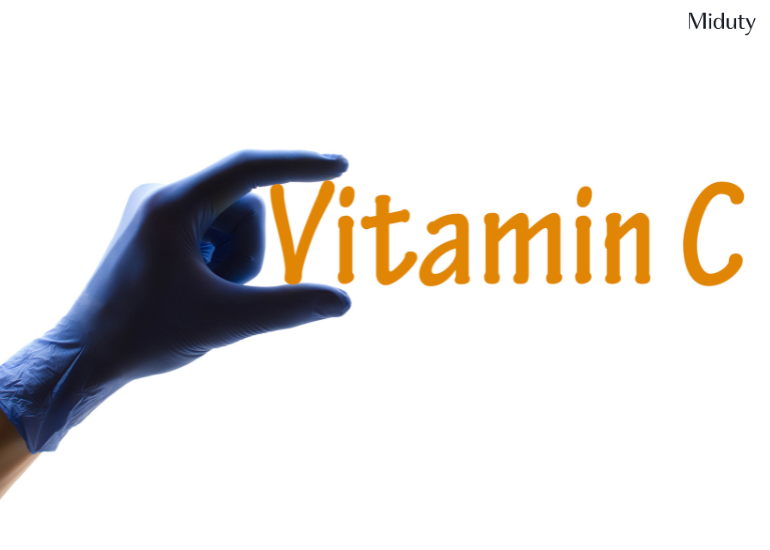
Top 9 Home Remedies for Treating Piles Symptoms
Key Takeaways
1) Piles are Common but Uncomfortable: Many people experience piles (hemorrhoids), but the condition is often overlooked due to discomfort. Recognizing the symptoms early can help you manage and alleviate the pain.
2) Constipation is a Major Cause: Straining duri ng bowel movements is one of the main culprits behind piles. Managing constipation through diet and lifestyle changes is crucial in preventing and treating the condition.
3) Natural Remedies Can Help: There are simple, effective home remedies like drinking plenty of water, consuming fiber-rich foods, and using Epsom salt baths that can bring relief to those suffering from piles.
4) Gut Health Plays a Key Role: Eating fermented foods that promote gut health, as well as incorporating probiotics like psyllium husk into your diet, can help improve digestion and prevent constipation.
5) Stress Management is Essential: Since stress can exacerbate piles by affecting digestion and increasing inflammation, managing stress through relaxation techniques such as yoga, meditation, and regular exercise can be highly beneficial.
Today, we're diving into a topic that might feel a little awkward but is surprisingly common—piles! Yes, you heard that right. While many people experience this condition, it's not always something we feel comfortable talking about. So, let's break the silence.
Piles, also known as hemorrhoids, occur when the blood vessels in your rectum—yes, the "business end" of your digestive system—become swollen and irritated. It might sound unpleasant, and unfortunately, it can be pretty uncomfortable (and even painful).
Ever had trouble on the toilet? Maybe you're sitting there, feeling like you really need to go, but it just won't happen—or worse, it hurts when it does? That's one of the classic signs of piles. Other symptoms include itching or a burning sensation around your bottom and spotting blood after wiping. Yikes, right?
But don't stress, I'm here to help! There are plenty of ways to ease that discomfort and keep your bottom feeling its best. In this blog, I'll share simple and effective home remedies to help you tackle piles head-on. Let's get started and make your bathroom experience a little more comfortable!
What is Piles?
Piles, also known as hemorrhoids, are swollen and inflamed blood vessels in the rectal or anal area. They can be internal (inside the rectum) or external (around the anus) and may cause discomfort, itching, pain, and even bleeding during bowel movements. Piles are a common condition, often resulting from excessive pressure on the veins in the lower rectum due to factors like constipation, prolonged sitting, pregnancy, or obesity. While piles can be uncomfortable and painful, they are usually treatable with lifestyle changes and home remedies.
What are the Symptoms of Piles?
Piles can be uncomfortable, and recognizing the symptoms early on is key to managing the condition. If you're experiencing any of the following, it could be a sign that you have piles:
- Itchiness or irritation around the anal area.
- Pain or discomfort during bowel movements.
- Bleeding during or after bowel movements, often seen as blood on toilet paper or in the toilet bowl.
- Swelling or a lump near the anus.
- A feeling of fullness or pressure in the anal region.
These symptoms can disrupt your daily routine and make simple activities, like sitting or going to the bathroom, feel uncomfortable or even painful. But don't worry—there are treatments and remedies that can help relieve the discomfort and improve your quality of life. Here's a more polished and engaging rewrite of the section on the causes of piles:
What Causes Piles?
Piles are often the result of excessive strain on the rectal and anal area, but several factors can contribute to their development. Understanding these causes can help you take steps to prevent or manage the condition. Common causes of piles include:
1) Constipation: Straining during bowel movements due to hard stools can put pressure on the veins in the rectal area.
2) Pregnancy: The added pressure from the growing uterus can cause swollen veins in the anus, leading to piles.
3) Obesity: Extra weight can increase pressure on the rectal veins, making piles more likely.
4) Low-fiber Diet: A lack of fiber in your diet can lead to constipation, which in turn increases the risk of developing piles.
5) Prolonged Sitting: Sitting for long periods, especially on the toilet, can contribute to increased pressure on the anal area.
6) Straining During Bowel Movements: Pushing too hard when going to the bathroom can weaken the veins around the anus and cause them to swell.
While these factors can increase the risk of piles, the good news is that many of them can be managed or avoided with lifestyle changes and proper care.
9 Effective Home Remedies for Treating Piles
Dealing with piles can be uncomfortable, but there are several simple and natural remedies you can try at home to ease the pain and inflammation. Here are 9 effective solutions that can help bring relief and promote healing.
1. Drink Plenty of Water

One of the simplest and most effective home remedies for piles is to drink plenty of water. Constipation and pushing during bowel motions can cause or worsen piles, commonly known as haemorrhoids.
Drinking plenty of water keeps the stool soft and reduces constipation, allowing you to pass stools without struggling. When stools move quickly and without straining, pressure is relieved on the veins in the rectal area, lowering the risk of advancing or worsening piles.
Aside from preventing constipation, drinking sufficient amounts of water aids in the removal of toxins from the body and the correct functioning of the digestive system.
2. Reducing Stress
Stress can lead to the development or aggravation of piles, thus reducing stress can be an effective home remedy for piles. Stress can trigger hormonal shifts in the body that impact digestion and bowel motions, resulting in constipation and intestinal straining. Straining can put strain on the veins in the lower abdomen, causing them to swell and become uncomfortable.
Furthermore, stress might damage the immune system, making it harder for the body to combat infections and irritation in the gastrointestinal tract. This can make healing from piles more difficult or prevent them from growing in the first place.
3. Practice Good Toilet Habits
Don't push too much. In addition to being uncomfortable, pushing during a bowel movement can worsen haemorrhoid issues.
Don't wait too long to use the bathroom. Pay focus on what your body is telling you and act quickly if you feel the need to use the bathroom.
Otherwise, the stool will get harder, which will make you push harder. Take your time and let your body relax when using the toilet. Additionally, avoid sitting in the toilet for a long time. It can also worsen the symptoms of piles.
4. Eat Fermented Foods

Now, you might be thinking how fermented foods may help in the treatment of piles. Well, probiotics are a thing found in fermented meals. These are live bacteria which are beneficial for your digestive system. These beneficial bacteria enter your intestines when you eat fermented foods.
A variety of factors make having a healthy gut crucial, but when it comes to piles, it can help in digestion and promote regular bowel movements. You are less likely to experience constipation or need to strain while bowel motions when your digestive tract is in good shape.
You can consume foods such as idli, dosa, kefir, yogurt to get probiotics through the diet. Additionally, you can also opt for a pre-probiotic supplement to keep your gut bacteria colony healthy.
5. Psyllium Husk
Psyllium husk is a form of fibre derived from the Plantago ovata plant's seeds. When psyllium husk is combined with water, it forms a gel-like material that can help keep your stool easier and more comfortable to pass.
You may be wondering how psyllium husk can help with piles. Constipation, which occurs when your stools are solid and difficult to pass, is one of the most common causes of piles. When you consume fiber-rich foods, such as psyllium husk, your faeces soften and become easier to pass.
Research published in the Journal of the Academy of Nutrition and Dietetics reveals that people who consumed psyllium husk had significantly increased stool frequency and reduced constipation symptoms compared to those who did not consume psyllium husk.
6. Consuming Magnesium-Rich Foods
A lack of fibre in one's diet is one of the numerous variables that can lead to the formation of piles. This is where magnesium-rich foods come into play! Magnesium is a mineral that aids in the regulation of function of muscles and nerves, as well as the health and regularity of our bowels.
Magnesium-rich foods include leafy green vegetables such as spinach and kale, nuts and seeds such as almonds and pumpkin seeds, and whole grains such as brown rice and quinoa.
When we eat magnesium-rich meals, it can help soften the stool and make it easier to pass, reducing the pressure and strain on the veins in the rectum and anus.
However, it may not be possible to get enough magnesium through diet, that's where Magnesium Relax comes to save you. Say bye to the pain related to piles and hello to relief with the power of Magnesium Relax. It contains high absorption magnesium along with Vitamin B6 that can help you find relief in piles by treating constipation.
7. Incorporating Healthy Fats in Your Diet
Constipation, which is often the root of piles, can be avoided by having healthy fats in your diet. Healthy fats are beneficial to your body since they help in the smooth operation of your digestive system.
They also soften your stools, making it easier for them to travel throughout your body without too much strain. Straining during bathroom trips can put strain on blood veins in the rectal area, increasing piles of symptoms.
Avocados, nuts, seeds like chia seeds, and certain oils like olive oil provide healthy fats.
8. Epsom Salt Bath
Epsom salt is a salt that contains the mineral magnesium sulphate. It looks like regular salt, yet it is distinct due to the presence of certain unique minerals. People frequently use Epsom salt in baths or as a soak for a variety of reasons, including piles.
It can be very uncomfortable to have piles. In the rectal area, you might encounter pain, itching, and swelling. Epsom salt can bring relief in a variety of ways.
For starters, Epsom salt has a calming impact on the skin. When Epsom salt is dissolved in warm water and used as a bath or soak, it can help alleviate the pain and irritation associated with piles. It's like providing your rectal area a well-deserved rest.
Second, Epsom salt contains anti-inflammatory properties. When you dip in an Epsom salt bath or use it as a soak, the magnesium sulphate in the salt can help reduce inflammation, providing relief from piles-related discomfort.
9. Consuming Foods High in Fiber and Water Content
Fruits, vegetables, and legumes are high in fibre and can help prevent and treat constipation, which is a typical cause of piles. Fibre increases the volume of your stools and allows them retain more water.
This softens the stool and makes them easier to move through your digestive tract. Soft stools eliminate the need for straining, which can help relieve stress on the blood vessels in the rectal region and improve piles symptoms.
Furthermore, foods with a high water content, such as fruits and vegetables, can be useful for piles. These foods hydrate your body, which aids in the softening of stools and the prevention of constipation.
Conclusion
Although piles can be a painful and distressing condition, there are several effective at-home remedies that can provide relief from symptoms. One of the key steps in managing piles is preventing constipation, which reduces the strain on the rectal area during bowel movements.
A high-fiber diet, coupled with plenty of fluids, can help keep bowel movements regular and easier to pass. Additionally, incorporating psyllium husk into your diet can help soften stools and regulate bowel movements.
Fermented foods are also beneficial for improving gut health and reducing inflammation. Since stress can exacerbate both inflammation and digestive issues, managing stress is crucial in preventing piles.
Practicing relaxation techniques like yoga or meditation, engaging in regular exercise, and seeking support from loved ones can help reduce stress levels and improve overall well-being.
Frequently Asked Question on Pile Symptoms
Q1 - Is it okay to live with piles?
Living with piles is possible, but it's important to manage symptoms through diet, hygiene, and medical treatment. If untreated, they may worsen over time.
Q2 - Can I eat curd in piles?
Yes, curd can be beneficial for piles as it helps with digestion and gut health, but it should be consumed in moderation.
Q3 - Which food is best for piles?
High-fiber foods like whole grains, fruits, vegetables, and legumes are best for piles, as they help soften stool and reduce straining.
Q4 - Which dry fruit is best for piles?
Figs, prunes, almonds, and raisins are all great for piles, as they are rich in fiber and natural laxatives that help relieve constipation and ease bowel movements.
Q5 - Can I eat bananas in piles?
Yes, you can eat bananas in piles. They are rich in fiber and can help ease constipation, reducing strain during bowel movements.


